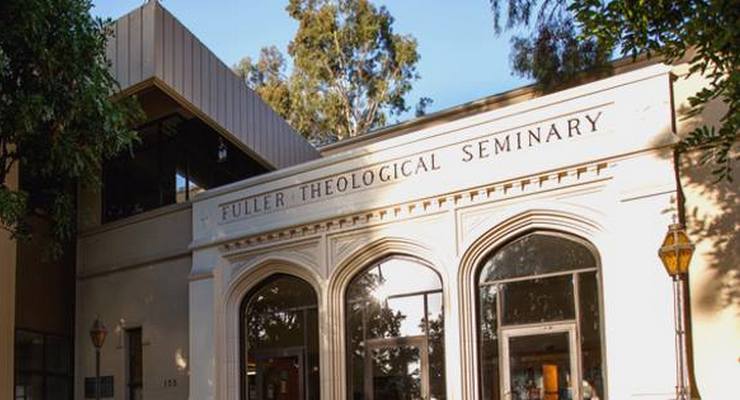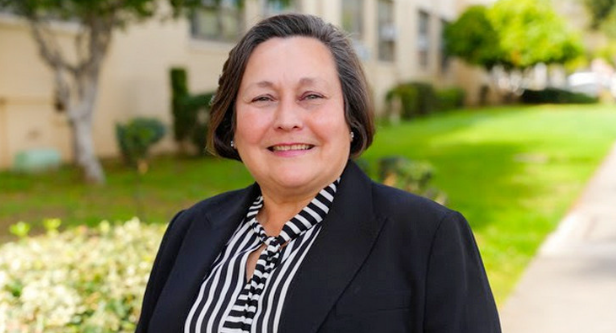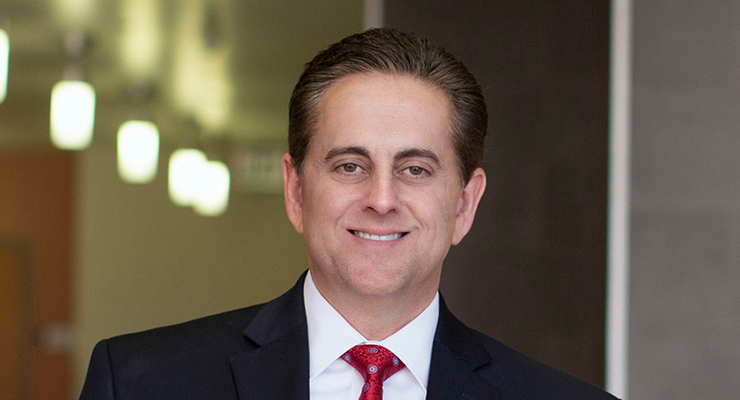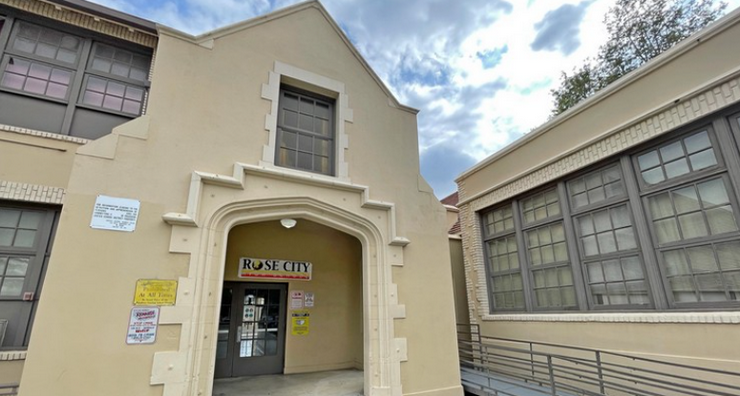
A federal lawsuit against Pasadena’s Fuller Theological Seminary could secure additional civil rights protections for the LGBTQ community across the United States.
The case will also put before the court important issues about the enforceability of consensual religious community standards which run counter to federal civil rights protections.
In her lawsuit, Joanna Maxon said she was kicked out of Fuller Theological Seminary last year while she was studying for a master of arts in theology after Seminary officials discovered she was married to another woman.
Maxon did not attend the Pasadena campus, but instead was taking courses online.
In the lawsuit, which was filed on Nov. 20, Maxon’s lawyers claim her federal and state civil rights were violated along with U.S. Department of Education Title IX rules, which prohibits gender identity discrimination at institutions that accept federal aid.
Maxon was using federally-backed student loans to finance her education.
The lawsuit appears to be the first one filed by a student expelled from a U.S. institution of higher learning for being in a same-sex marriage.
It comes at a time when the U.S. Supreme Court is deciding whether federal laws prohibiting sex discrimination protect people based on their sexual orientation.
But religious institutions are entitled to exemptions from Title IX nondiscrimination rules.
The protection to those institutions is broad, with the U.S. Department of Education rules even allowing that “religious institutions that have neither sought nor received prior written assurance from the Office of Civil Rights (OCR) may still invoke their exemption after OCR receives a Title IX complaint.”
Fuller is upfront about what it calls its “lawful discrimination.”
“The seminary does lawfully discriminate on the basis of sexual conduct that violates its biblically based Community Standard Statement on Sexual Standards,” the Seminary says on its website, continuing to say “Fuller Theological Seminary also does lawfully discriminate on the basis of religion.”
“Therefore, the seminary expects members of its community to abstain from what it holds to be unbiblical sexual practices,” the site notes.
“This policy is also one of the seven Statements of Community Standards applicable to all members of the Fuller community, and as such, adherence to it is a continuing condition of admission and employment,” the statement reads.
A central issue in the case will be for the court to decide if Maxon agreed to abide by specific community standards in order to remain a student and then violated those standards, thereby triggering her expulsion.
Maxon started at Fuller seminary in 2015 and has been a student for more than three years, according to her attorney Paul Southwick, who said professors and students knew about her wife and her daughter.
“No one had a problem with it,” Southwick said. “And then all of a sudden, the main campus in Pasadena sent her a letter and said, ‘We’ve seen your tax return. Are you really married to a woman?’ She said ‘yes.’ And then they expelled her. It really caught her off guard.”
Southwick acknowledges that Maxon “agreed to abide by the university’s code of conduct,” but questions how it is defined.
“They don’t say what is unbiblical or homosexual conduct. Is hugging okay, is kissing okay? You know, they don’t go into it and nor did they ask her about it, and it’s not like she posted sexual things online or shared her sex life with anyone. They really just singled her out by asking about her marriage and assuming, sexual aspects about her. They would never do this to say, a single male student. They don’t interview a single male student every year and say, Hey, are you keeping it in your pants or have you violated these rules?”














 0 comments
0 comments


